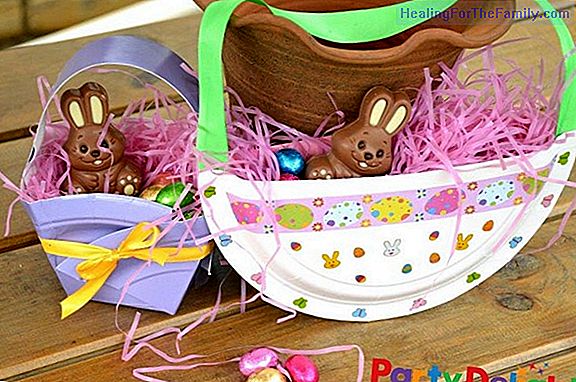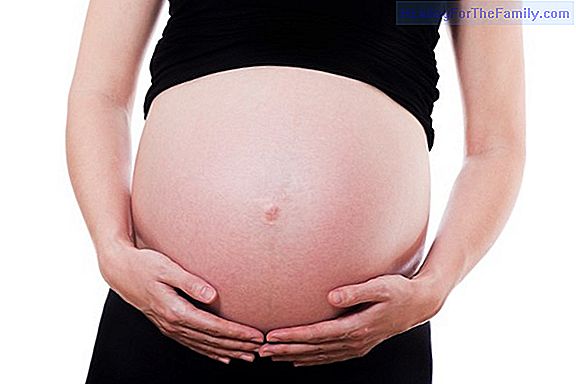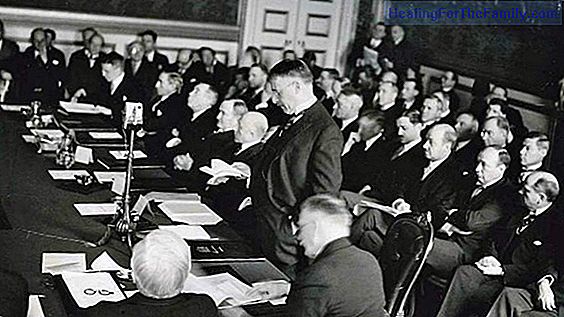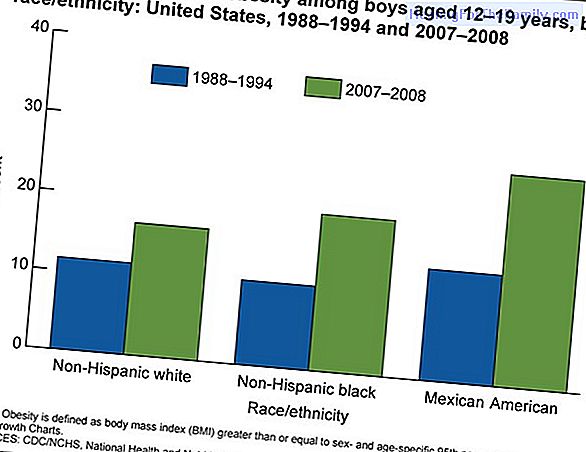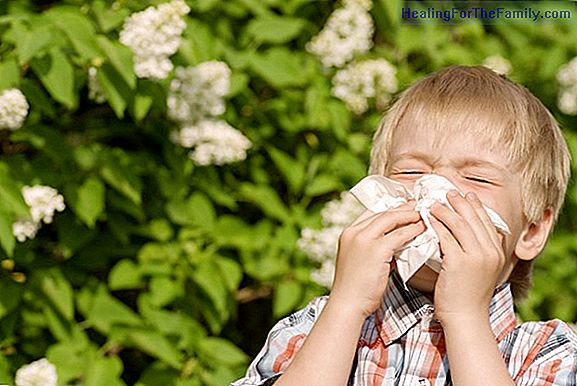The myth of beer in breastfeeding
When a woman becomes pregnant, she receives all kinds of advice about her diet, many successful, but many others not so much. At the beginning of breastfeeding, history repeats itself, with myths and superstitions that have been passed down from generation to generation and that advise what to eat o
When a woman becomes pregnant, she receives all kinds of advice about her diet, many successful, but many others not so much. At the beginning of breastfeeding, history repeats itself, with myths and superstitions that have been passed down from generation to generation and that advise what to eat or drink to have more milk or better quality.
One of the most widespread advice refers to that beer increases milk production during breastfeeding. It is true? We answer this question.
Beer and breastfeeding, is it true that milk production increases?
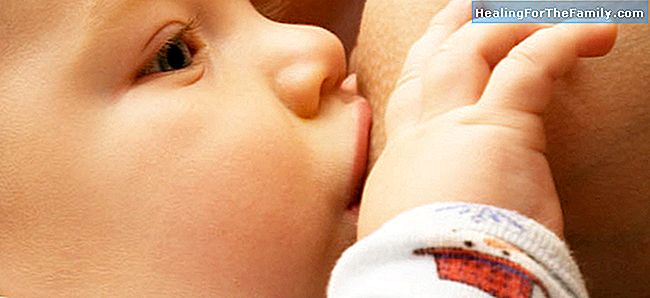
Some tips are so widespread that they almost oblige the mother to reconsider her diet or eating habits, when it is really unnecessary: a woman during her lactation period does not need to consume anything in particular to produce more milk or for her milk to be Best Quality.
One of the most widely spread advice regarding the increase in breast milk production is the consumption of beer. The truth is that this supposed myth is not such, but studies have shown that a polysaccharide present in barley malt stimulates the production of prolactin, and prolactin is one of the hormones responsible for stimulating milk production maternal by binding to its receptors in the mammary gland. Obviously, we must clarify the relationship between beer consumption and the increase in milk production.
- The increase in prolactin production that generates beer consumption exists, but it is minimal. In fact, although the lactogenesis begins inexorably a few hours after delivery, after the expulsion of the placenta, the maintenance and the amount of milk produced depend on the infant itself, its suction on demand, since it stimulates the optimal hormonal secretion of oxytocin and prolactin.
- The increase in prolactin comes from barley, while the alcohol in beer has the opposite effect. Alcohol blocks the release of oxytocin proportionally to the intake, so that a decrease in milk production can be observed. In general, this inhibition is not usually worrisome to drink a beer with alcohol from time to time, but obviously the increase in milk production will be zero when the effects are counteracted.
- Alcohol is one of the most rapidly absorbed compounds, reaching its maximum in blood approximately 15 minutes after ingestion. In addition, alcohol passes from the blood to breast milk, between 30-60 minutes when consumed fasting and 60-90 if ingested with meals, equaling the concentrations between both fluids. Lactating women tend to eliminate it more quickly and efficiently than non-lactating women, but this does not give carte blanche to alcohol consumption.
If you like beer, perfect, consume it - without alcohol - as you did before, but do not include beer in your diet, hoping to increase your milk production, because its effect is insignificant.



